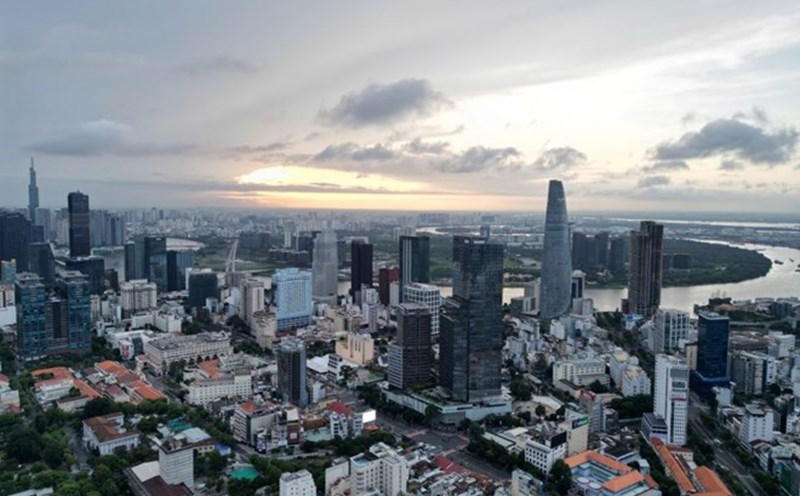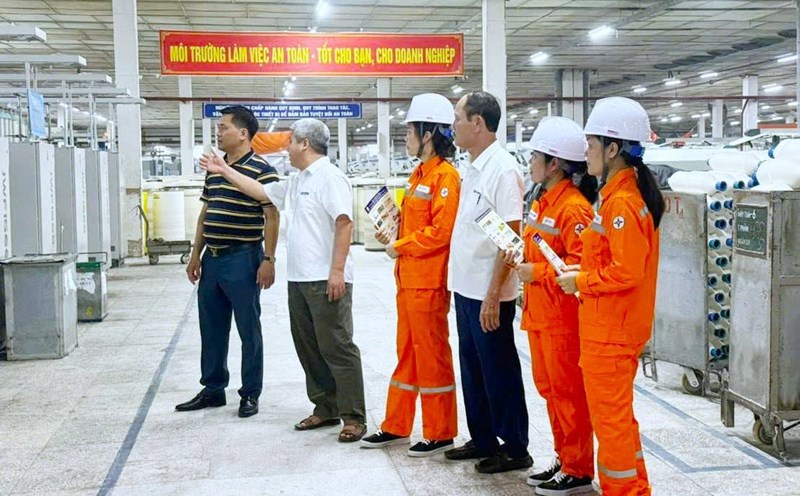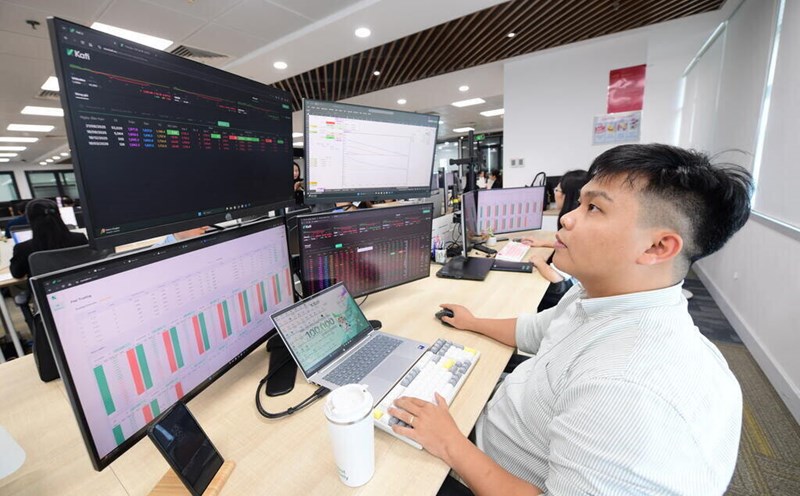The Ministry of Health is drafting a Decree regulating preferential allowances according to occupation for civil servants and employees working at public health facilities (replacing Decree No. 56/2011/ND-CP). This is an important policy to encourage and motivate the medical team to stick with the profession in the context of increasing work pressure and professional risks.
In which, it proposed to increase the vocational preferential allowance to the highest level of 70% for many groups of health workers.
According to the draft, the 70% occupational allowance will apply to three main groups:
First, health workers are regularly assigned to work directly in environments with a high risk of infection or specific tasks, including:
Examination, treatment, testing, care, and service for people with typhoid, tuberculosis, mental illness, HIV/AIDS and group A infectious diseases.
Examination, treatment, and care of patients for intensive resuscitation.
Forensic examination, forensic psychiatric, pathology, preservation and care of the body.
Working in a laboratory with biosafety requirements of level III.
Participating in monitoring HIV/AIDS prevention and control.
Examination, testing, and treatment of addiction to performance- opposing drugs.
Second, civil servants working in health sector in communes in areas with particularly difficult socio-economic conditions, island districts, and island communes in coastal areas.
Third, doctors work in communes in region II in ethnic minority and mountainous areas.
Minister of Health Dao Hong Lan said that the Ministry is drafting a Decree on special allowances, anti-epidemic allowances and a Decree to replace Decree No. 56/2011/ND-CP on preferential allowances according to occupation, expected to be completed in September and December 2025, respectively.
After nearly 15 years of unchanged allowances for health workers, the Ministry of Health is proposing to increase the allowance level to ensure a minimum living standard and wages for workers. Currently, the allowances for on-duty, surgical and procedures allowances, anti-epidemic allowances and food allowances for civil servants, public employees and workers in public health facilities applied according to regulations since 2011 are too low and no longer suitable for the current economic and living situation.











